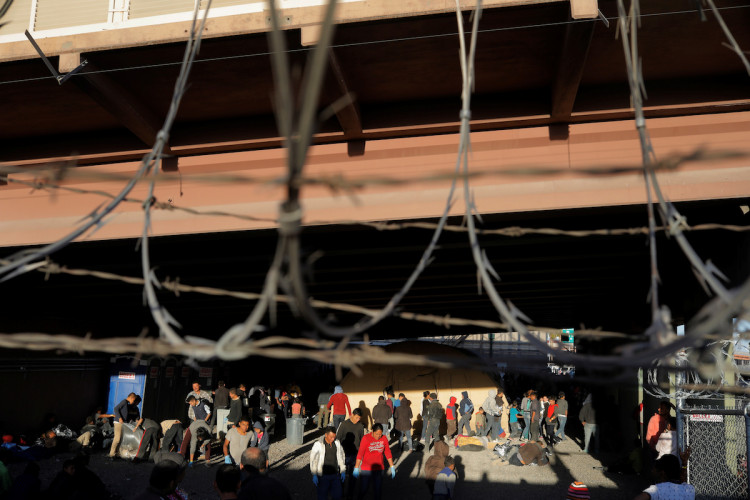TikTok influencer Leonel Moreno, known to his half a million followers as @leitooficial_25, has ignited a firestorm of criticism with his recent pronouncements on "squatter's rights" in the United States. Moreno's videos, which have amassed nearly 4 million views, suggest that unoccupied homes in the U.S. are up for grabs, urging his followers to "invade and claim" these properties under the guise of adverse possession laws.
Speaking on the matter, Moreno stated, "There's a law that says if a house is empty, we can take it over," further embellishing his claim with anecdotal evidence, "My African friends have told me that they have already taken about seven homes." His assertions, however, stand on shaky ground, as he grossly simplifies and misrepresents the intricate legal doctrine of adverse possession, which varies significantly from state to state and requires meeting stringent criteria over extended periods, often spanning years or even decades.
The response to Moreno's videos has been swift and severe, with many social media users and legal experts denouncing his advice as not just misleading, but potentially illegal. Accusations against Moreno range from "promoting terrorism" to encouraging trespassing and property crimes, leading to calls for intervention by federal agencies like the FBI and the Department of Homeland Security.
Amid the uproar, Piers Morgan, a well-known media personality, weighed in on the controversy, emphasizing the dangerous implications of Moreno's claims. "Promoting such actions under the misnomer of 'squatter's rights' not only undermines the rule of law but also endangers the safety and security of communities," Morgan remarked, highlighting the gravity of the situation.
Legal experts are quick to clarify that adverse possession, often colloquially referred to as "squatter's rights," is a complex legal principle that cannot be invoked merely by occupying an empty property. "Adverse possession requires a continuous, open, and notorious use of the property, without the permission of the owner, for a period specified by state law," explained legal analyst Jane Doe, underscoring the rigorous requirements of the law.
Moreno's narrative has also drawn criticism for its potential to mislead vulnerable individuals into believing that squatting offers a viable path to homeownership. "Encouraging individuals to squat in properties under the false promise of eventual ownership is not only legally dubious but also ethically questionable," commented John Smith, a housing rights advocate.
The debate surrounding Moreno's videos underscores the broader issue of housing insecurity and the desperate measures some may consider in the face of homelessness. However, as legal authorities and housing experts caution, the solution to housing challenges does not lie in the illegal occupation of properties but in sustainable, lawful avenues to secure housing.




